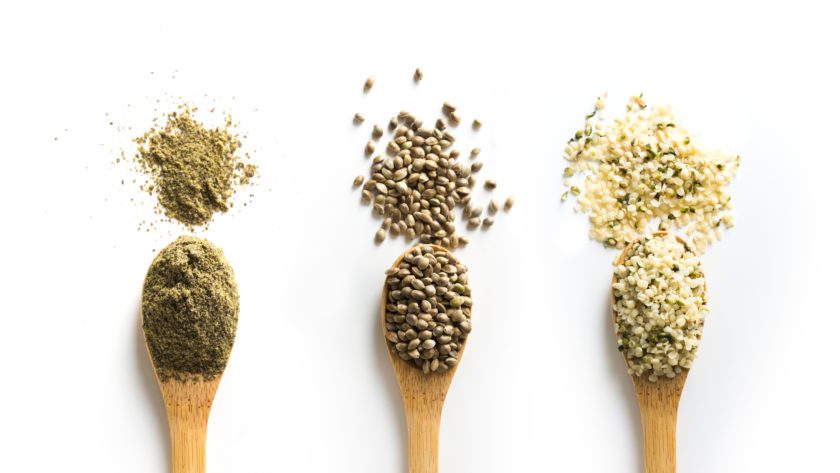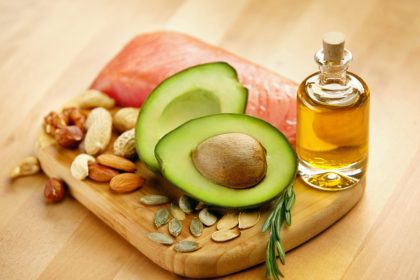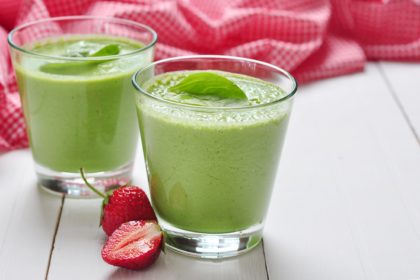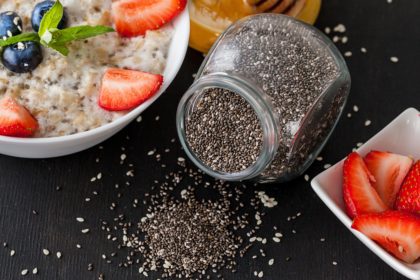Since the United States federal government passed the 2018 Farm Bill legalizing hemp, it’s become more visible in the marketplace. If you’re curious about hemp and have yet to try it, here’s an explanation of what it is, its health benefits, and what to do with it.
What is hemp?
The term “hemp” is used to mean cannabis that contains less than 0.3% of the psychoactive compound, THC (tetrahydrocannbinol), by dry weight.To put this in perspective, cannabis contains from 5% to 20% THC.
Hemp (Cannabis sativa) is the same species of plant as cannabis.
THC and CBD (cannabidiol) are found primarily in the hemp flowers, leaves, and stems, not in the hemp seeds.
Hemp seeds are the edible fruits of the Cannabis sativa plant.
During harvesting and processing, these seeds contain less than 0.001% CBD and the psychoactive compound THC.
NOTE: According to a 2018 FDA evaluation, these amounts are low enough that they’re not a concern for any group, including pregnant or breastfeeding mothers.
Hemp Uses
Hemp creates other kinds of products, such as:
- Paper
- Clothing
- Rope / cord
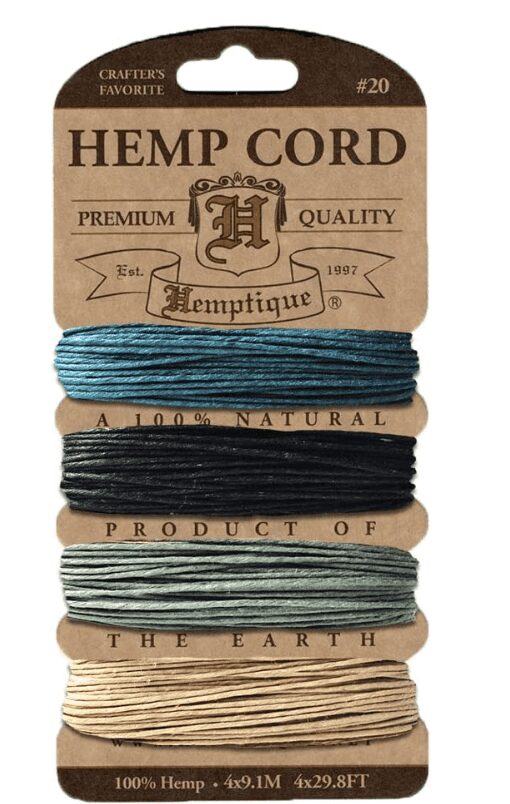
- Food products, such as hemp seed, hemp protein powder, hemp milk, hemp oil
Nutritional Benefits of Hemp
- Healthy fats (omega-3s) known to improve heart health by reducing cholesterol, blood clots, blood pressure, triglycerides
- Magnesium, zinc, iron, B vitamins, vitamin E
- Fiber
- Protein
Hemp seeds are an excellent source of plant-based protein. They contain all nine essential amino acids, and research suggests that the body absorbs hemp’s protein content quite well.
Protein Comparison in Seeds per Ounce
- Pepitas, 9.7 grams
- Hemp, 9.3 grams
- Flax, 6.0 grams
- Sunflower, 5.8 grams
- Sesame, 5.0 grams
- Chia, 4.0 grams
How to Buy Hemp
Hemp seeds (a.k.a. hemp hearts) and hemp protein powder are rich in omega-3 fats, which are sensitive to damage from heat, light, and air, so do NOT buy seeds sold in bulk or seeds packed from bulk bins.
Look for hemp seeds or hemp protein powder in sealed, light-resistant packaging.
Hemp seeds become darker in color (green) as they age.
They should be mostly white (less that 50% green on the seed), have a fresh nutty aroma, and nutty taste.
If they don’t taste like much or smell like anything, that’s a sign the seeds are old.
How to Store Hemp
Store hemp in your fridge or freezer due to their sensitivity to heat, light, and air.
Ways to Benefit from Hemp
- Hemp seeds (hearts): Sprinkle on salads, yogurt, oatmeal, guacamole, vegetables, pasta, rice, and shakes. Anything!
- Hemp protein powder (unsweetened): Mix in smoothies. See recipe for Super Easy Smoothie with Protein-Rich Hemp Hearts.
Serving Recommendation Per Day
- 1-2 tablespoons of hemp seeds

Karen’s Fit Tip:
![]()

